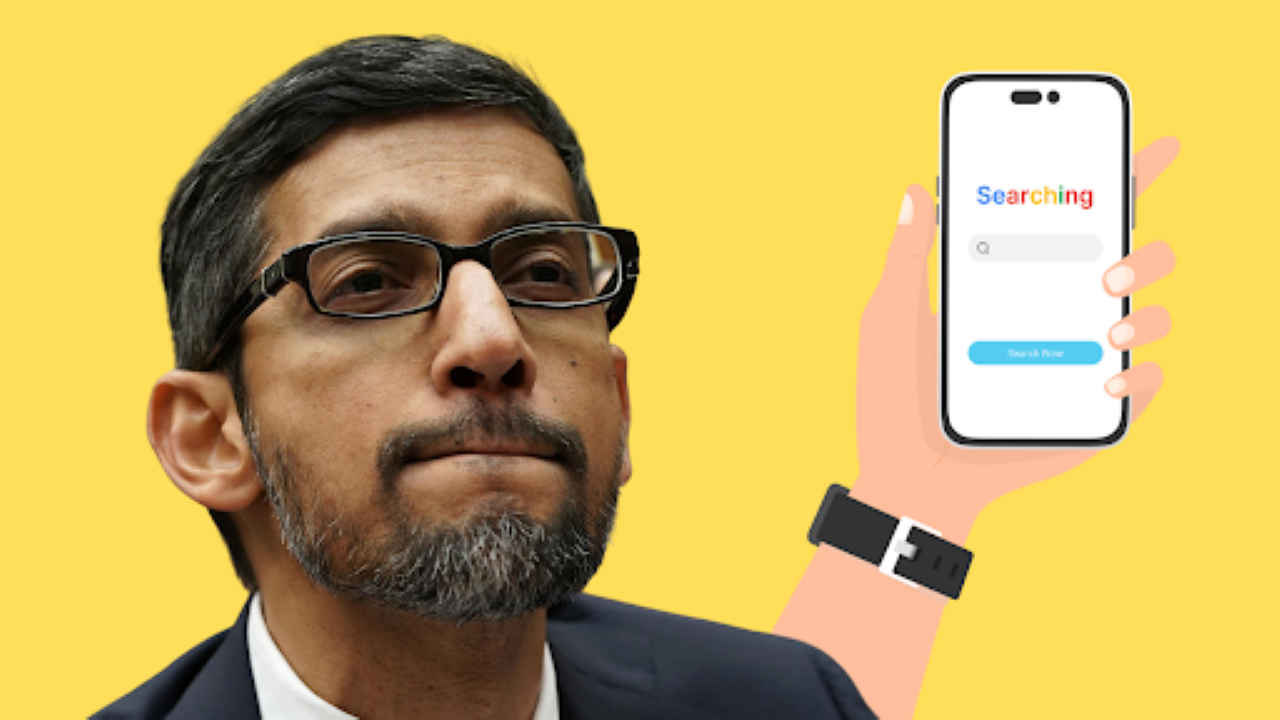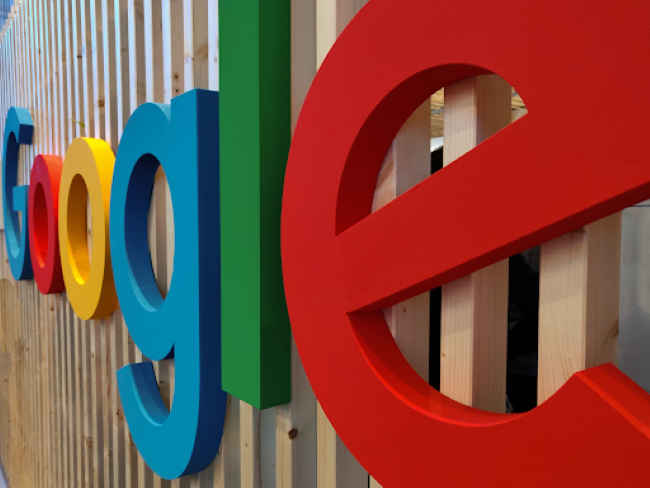Why Google Bard’s fiasco is embarrassingly good

Imagine a world without Google, how will it impact your life? Just writing this down made me chuckle; as a middle-aged man who grew up with Google, how do you even begin to answer that question? It feels like one of those crazy hypotheticals like what would happen if the earth stops spinning or if gravity suddenly stops working? Absolutely ridiculous to even entertain such a thought in your brain, because you know it’s never going to happen – at least while you’re alive.
For over two decades now, most of the connected world has only known one destination to hunt for online information: Google Search. Over 3.5 billion people worldwide use Google Search every single day, doing everything from consuming daily news to searching product deals, and coming across incredible reports (while researching for this column) that claim as many as nine Google products have over 1 billion users each – Android, Chrome, YouTube, Play Store, Google Maps, Google Drive, Google Photos and, of course, Gmail. I’m part of those over 1 billion people using all of these Google products and services every single day, as I imagine you all are, our dear readers. Unless you’re in China (or an unfortunate Apple user), it’s difficult to move around and get things done online without using at least one of Google’s vast web of product offerings.
So when Bard, Google’s futuristic generative AI search bot, flubbed its answer to a random question in its advertisement campaign, the whole world sat up and took notice. Just a couple of days after Microsoft and OpenAI’s powerful re-imagination of AI-fuelled search through Bing and Edge, Google Bard’s less-than-stellar demo eroded the market value of Alphabet (Google’s parent company) by an astounding US $100 billion in a single day. Beyond one very expensive epic fail, it had a significant impact on Google’s street cred like never before.
Read more: Google loses $100 Billion after its new chatbot Bard messes up an answer in a promotional ad
This Bard fiasco isn’t the first major damage to Google’s reputation, as the search engine giant has suffered huge setbacks in the past. If you remember, Google was late to the social media game, grasping at straws with Orkut, Buzz and Google Plus levels of desperation. Unable to make any significant dent into Facebook’s meteoric rise, Google appeared to have no idea what to do, condemning itself to be a social outcast from all the new kids on the block. And try as they have in the past, albeit with meagre success, even now Google’s hardware dreams are still playing catch-up with Amazon’s Alexa smart speaker or trying to shake the iPhone or Samsung’s strong grip on the smartphone market. And let’s not even get started on Google Glass! As the world shifts from just searching for information online to spending more time with curated content destinations like Instagram or TikTok, Google’s YouTube is facing increasingly more competition in the fight for more eyeballs, people’s attention and on what used to be the world’s largest free website to “broadcast yourself.”
There’s always been one huge difference between all of Google’s past setbacks and failures compared to what happened on the Bard demo. When stepping out of its core domain of expertise – which is to compile and organise the world’s information in easily searchable form – Google suffered its share of catastrophic failure, whether it's in an attempt to build an iPhone Killer or trying to overthrow Facebook's social media supremacy. But this is the first time its creation raised public doubt about Google’s ability to innovate and stay relevant in the future of its fundamental offering – online search. And that’s something we have never seen before, no wonder it sent a seismic wave of shock and disbelief throughout the world.
How can Google be outmatched and outplayed at its own game? Could the unimaginable actually come to pass in the near future?
Hyperbole aside, of course, I’m not saying we’re heading towards a Google-free future anytime soon, and Google Search still remains in Microsoft CEO Satya Nadella’s words the “800-pound gorilla” of the search engine industry. If anything, the Bard fiasco might banish any semblance of complacency within Google’s rank and file, forcing them to double down and out-innovate the competition. After all, generating AI or chatbot-based search suggestions in real-time is no laughing matter, and Google may still have the last laugh against any challenger on this front for a good amount of time. Long enough for it to reinvent how the world searches for information with a flavour of AI we can’t even imagine?
This column originally appeared in Digit’s February 2023 issue
Jayesh Shinde
Executive Editor at Digit. Technology journalist since Jan 2008, with stints at Indiatimes.com and PCWorld.in. Enthusiastic dad, reluctant traveler, weekend gamer, LOTR nerd, pseudo bon vivant. View Full Profile





